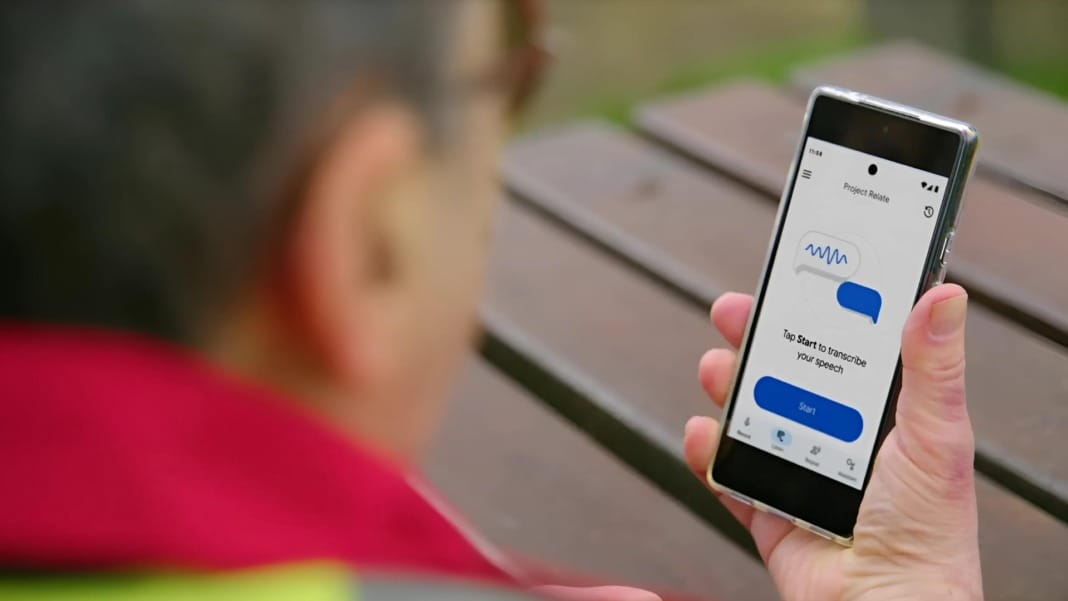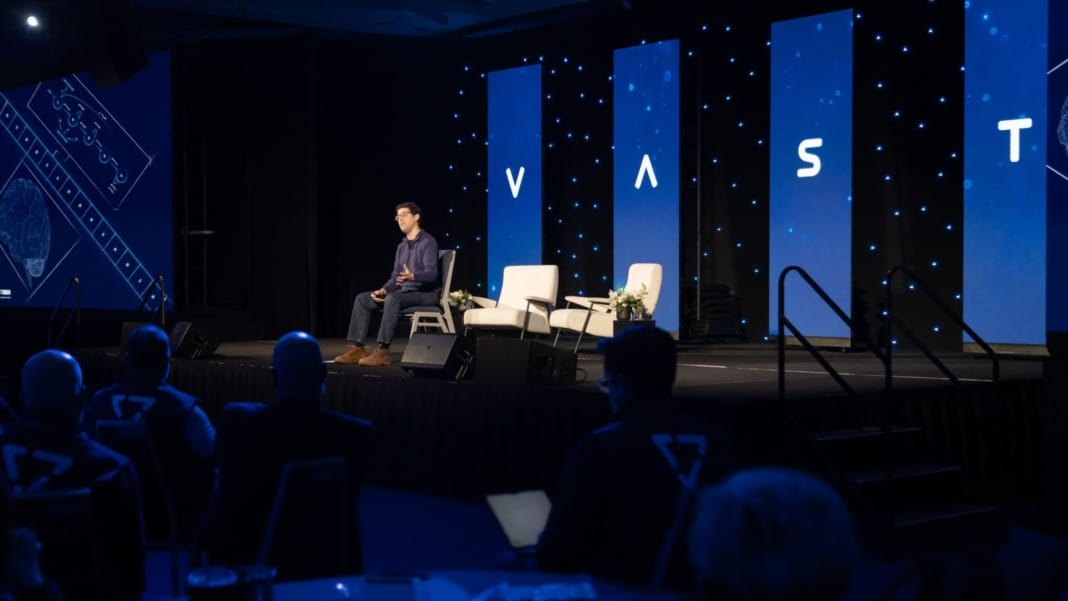Google has launched its Project Relate app in Singapore, designed to assist people with non-standard speech in communicating more effectively. The app, available on Android, uses AI to create a personalised speech recognition model for each user, enabling smoother interactions and helping individuals navigate daily tasks with greater ease.
The app’s introduction aligns with Singapore’s Smart Nation 2.0 initiative, reflecting Google’s commitment to inclusivity and the use of AI to enhance the lives of people with disabilities.
How Project Relate works
Users of the Project Relate app begin by recording up to 500 common phrases across various topics, allowing the app to learn their unique speech patterns. After this training, users gain access to key features such as “Listen”, “Repeat”, and “Voice Typing”.
- Listen: This feature transcribes the user’s speech into text in real time. The text can then be copied and pasted into other apps, making it easier for users to communicate by letting others read what they want to say.
- Repeat: The “Repeat” feature synthesises the user’s words into a clearer voice, which is especially useful in face-to-face interactions or when giving commands to devices like home assistants.
- Voice Typing: Users can dictate into apps such as Google Docs or Gmail, using their voice instead of typing. This function works across any platform that typically uses a keyboard.
In addition to these features, users can create Custom Cards for personalised phrases, such as names of loved ones, street names, or frequently visited places. This allows for greater flexibility in communication, with examples like “I need to go to Henderson Road” or “How do I get to the MRT?”.
Ben King, Managing Director of Google Singapore, said: “At Google, we believe AI has the potential to build an inclusive future, and innovations like Project Relate demonstrate how we can harness its power to improve lives and democratise opportunities for everyone, particularly those with disabilities. By creating personalised speech models, we can empower persons with non-standard speech to communicate with ease and clarity. We are encouraged that Project Relate aligns with Singapore’s refreshed Smart Nation 2.0 vision and we’re committed to ensuring AI is universally accessible and beneficial to everyone.”
Collaboration with local organisations
To maximise the app’s reach and effectiveness, Google is collaborating with local organisations like MINDS (Movement for the Intellectually Disabled of Singapore). This partnership aims to introduce the app to MINDS’ beneficiaries, providing them with tools to improve communication. Caregivers and staff at MINDS will receive specialised training to assist individuals in using the app. Google plans to extend this initiative to more organisations across Singapore in the coming weeks.
Mr Allan Cai, a user of the Project Relate app who has Down Syndrome, has experienced enhanced communication through the app. This partnership highlights the importance of technology in supporting the disability community, and Google hopes to expand similar efforts throughout Singapore.
Google’s ongoing efforts to support people with disabilities
Project Relate is just one example of Google’s commitment to making technology more accessible for people with disabilities. Other notable apps include Live Transcribe, which provides real-time speech-to-text transcriptions for people who are hard of hearing, and Lookout, an app that assists visually impaired users in identifying objects, food labels, documents, and currency.
In addition, Google recently launched Project Gameface, an app that allows users to control a virtual cursor using head movements and facial expressions, further showcasing Google’s dedication to creating innovative solutions for the disability community.
As part of its broader mission, Google continues to develop and release technology that not only enhances everyday life but also fosters inclusivity for all, ensuring that everyone, regardless of ability, can access and benefit from the latest advancements.





